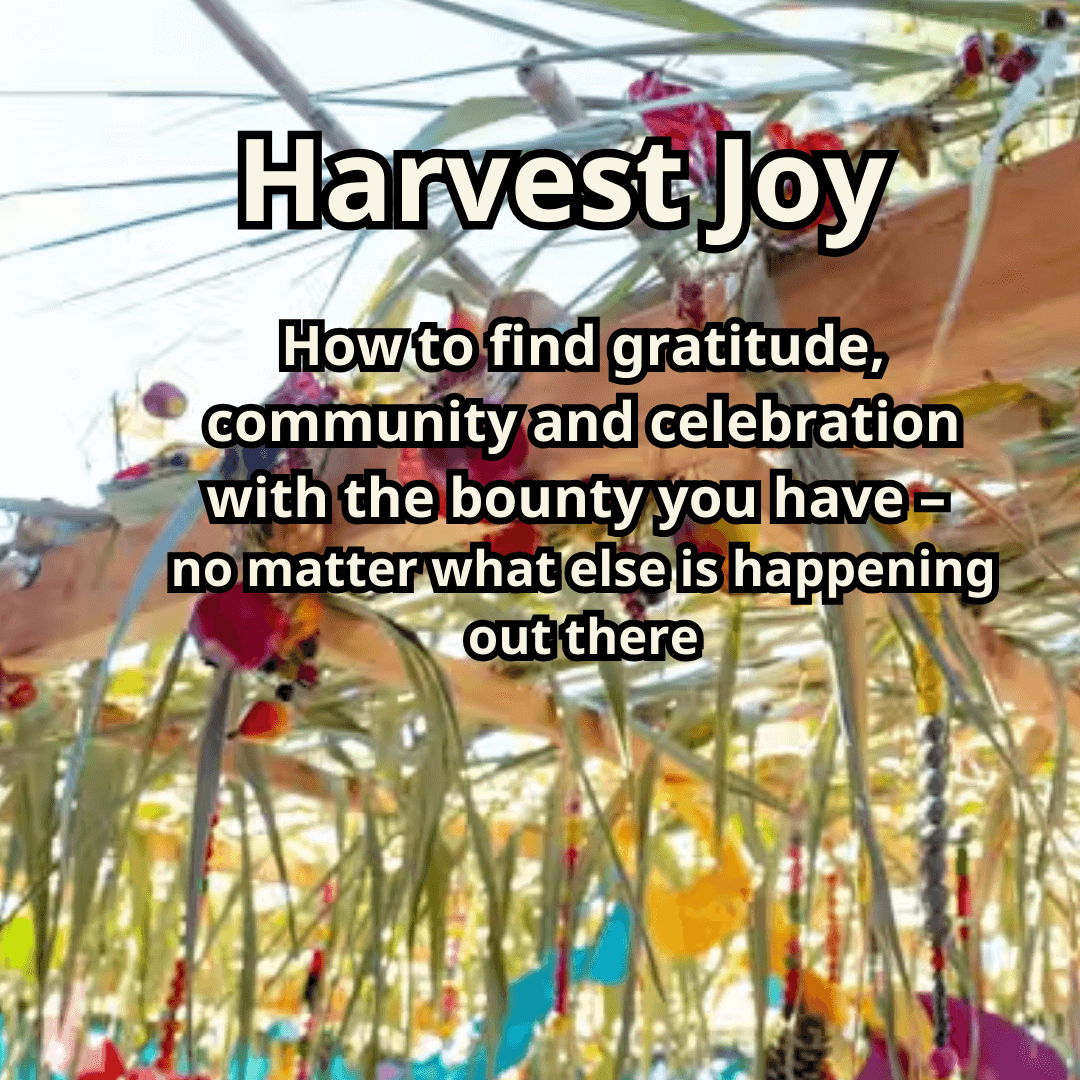the day that wipes you clean
what does it mean that Yom Kippur "atones," exactly?

This is Life as a Sacred Text 🌱, an everybody-celebrating, justice-centered voyage into ancient stories that can illuminate our own lives. It‘s run on a nonprofit, so it’s 100% NAZI FREE. More about the project here, and to subscribe, go here:
October Zoom Salon! October 5, 2pm ET/ 11 am PT
HARVEST JOY
At Sukkot, the holiday of the fall harvest, we are commanded to rejoice. And even if we know that this rejoicing is a choice--even so, showing up for t actually, not just in theory, but with our full bodies and full selves--demands more than just theory. We'll look at Hasidic ideas and practices on rejoicing and the deeper meanings of this season to help us find the open-hearted energy that can nourish us, and those around us, on a deeper level, despite all the hard things that might be swirling around now.
Today we're going to talk about kapparah, which began as the cleansing of ritual impurities, of tumah, in the Holy of Holies by the High Priest in the Temple on Yom (the day of) Kippur (yes, kapparah-ing). Eventually that ritual cleansing became more of a broad-based spiritual cleaning out, wiping clean.
*Even though kapparah eventually got translated as "atonement" for reasons that have more to do with Christian theology than anything: In the 16th century, William Tyndale did the first translation of the Christian Bible into English directly from Hebrew and Greek texts—including, of course, the stuff on the Yom Kippur ritual in Leviticus 16. He chose to tranlate words with the root kpr to “atonement,” implying a sense of at-one-ment—a reconciliation or unification between human beings and the divine from whom they were estranged. Even though really the High Priest's kpr of the space was more of a cleaning-out, a ritual purging. This language choice may have been informed by his own Lutheran-influenced theology, and his belief on what Jesus is meant to effect--basically, eliminating sin so the believer is not separate from God. Thanks, as ever, to Rev. Dr. Dan Joslyn-Siemiatkoski for help with this.We're going to look at some texts around this today, (including a few along the way about how to make sure we're actually able to get the goodies when it's time!)
One of my favorite metaphors is that if you show up to Yom Kippur having Done All The Things, the day itself washes you clean.
The day itself is the ritual bath that cleanses you.
(If you show up having done the preparation work!)
Because all we've got between now and then is the work, after all:


